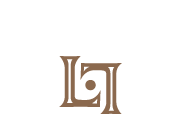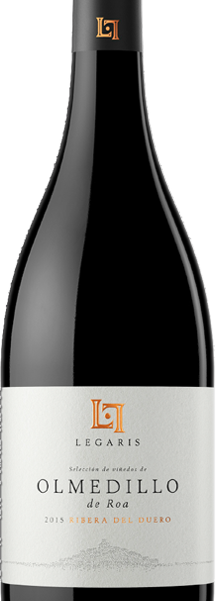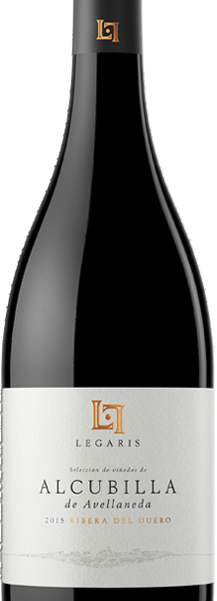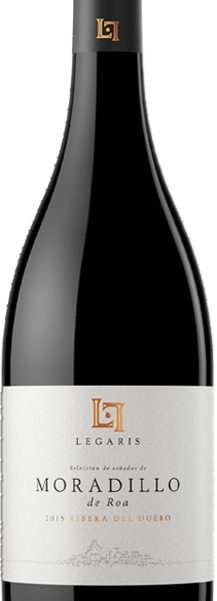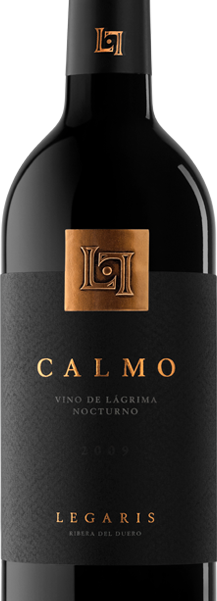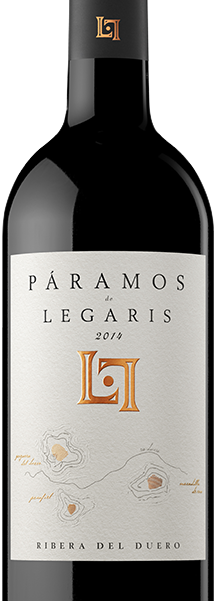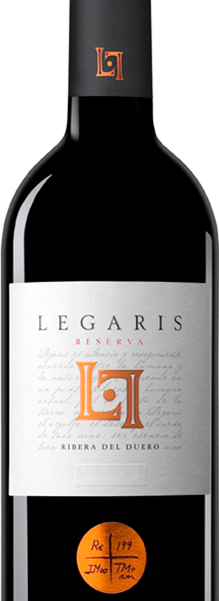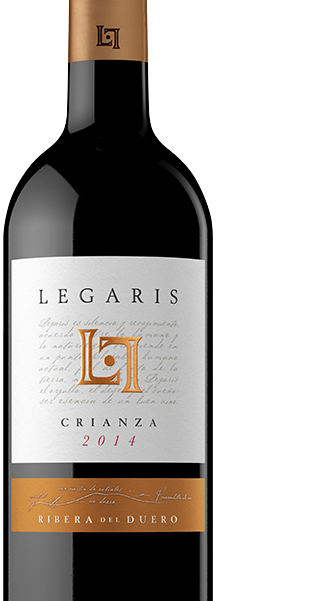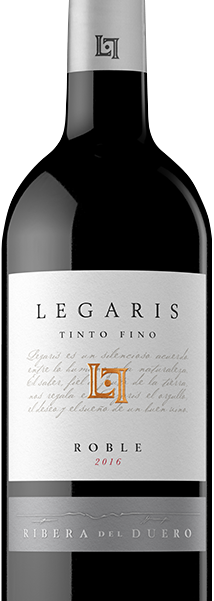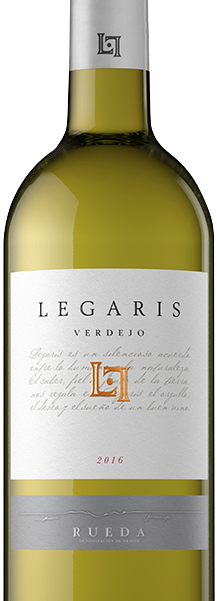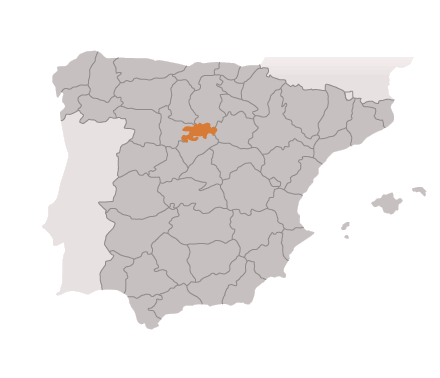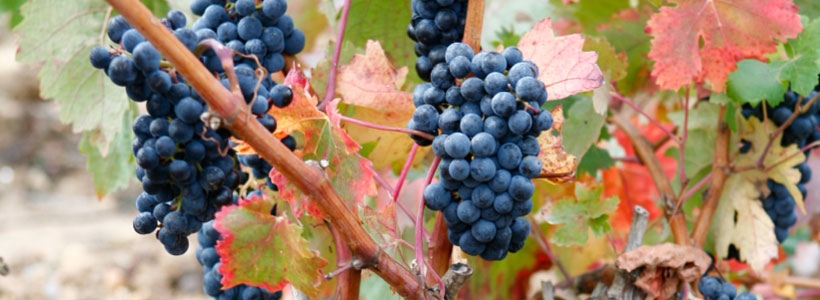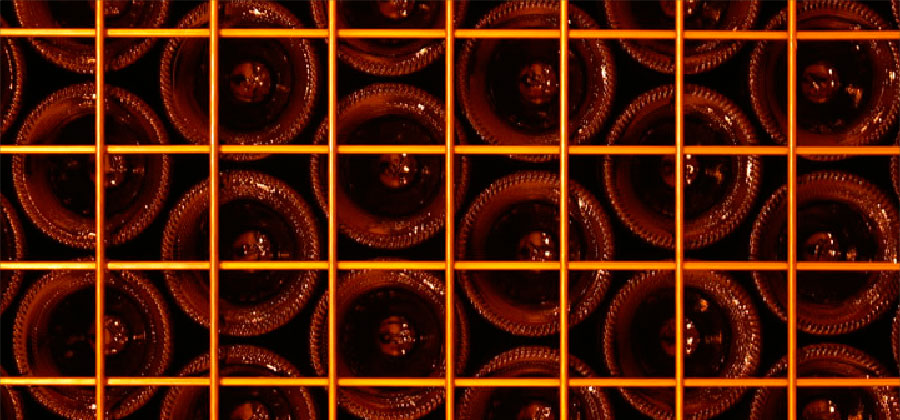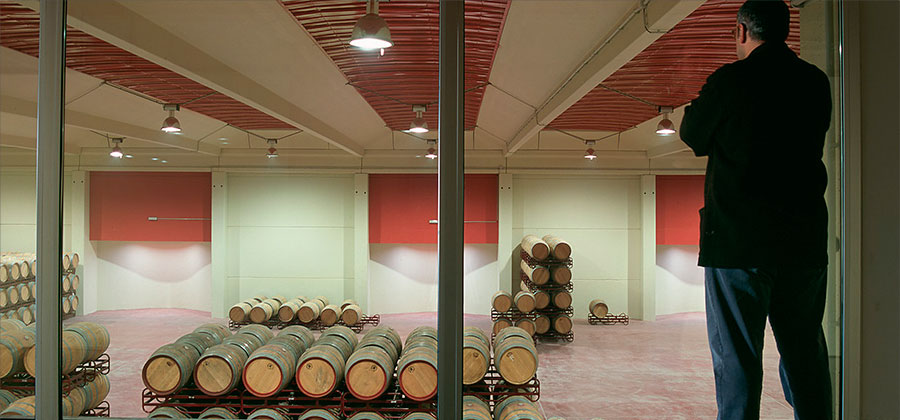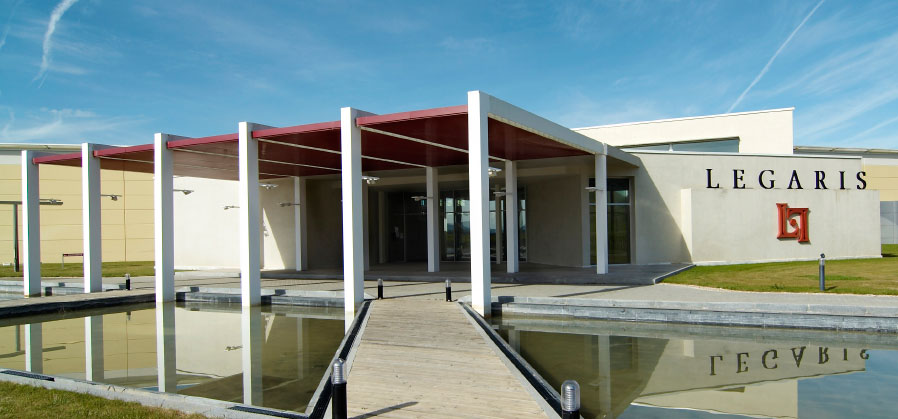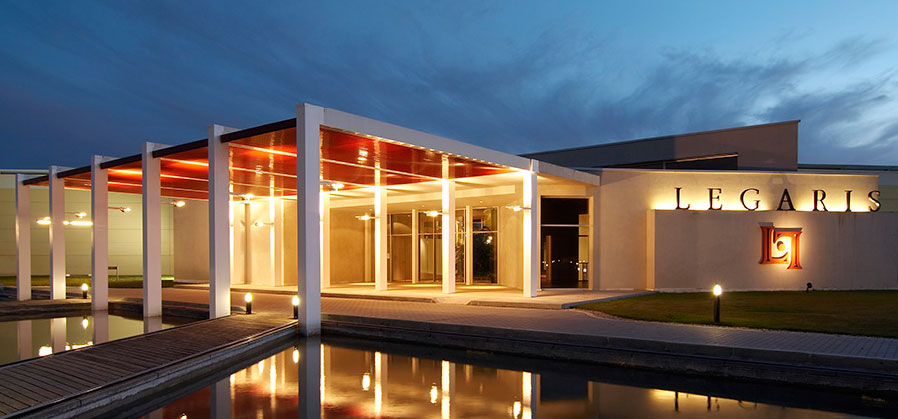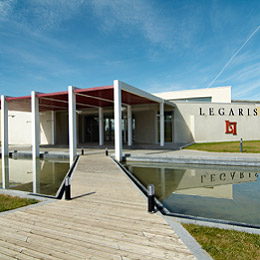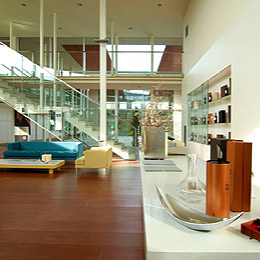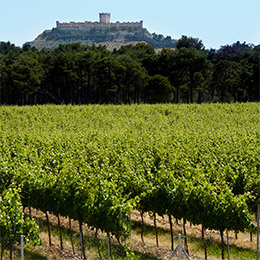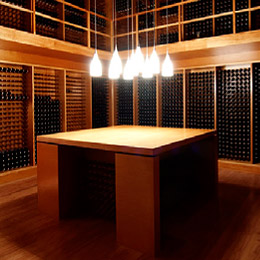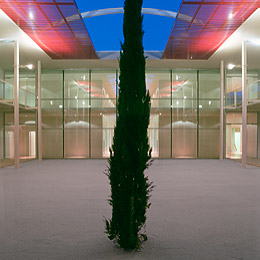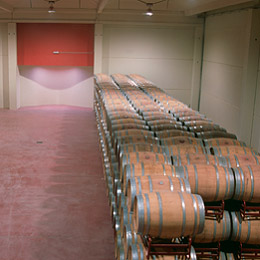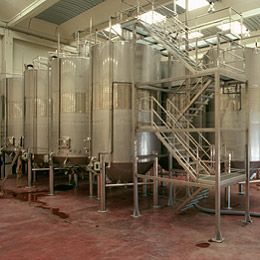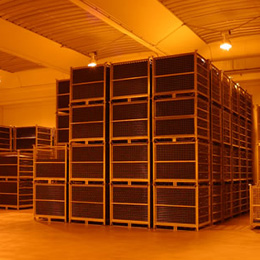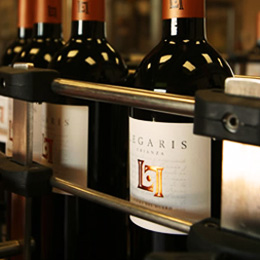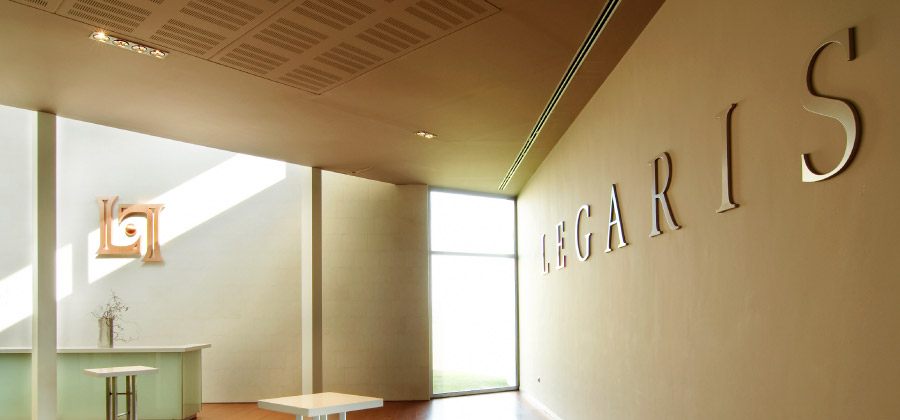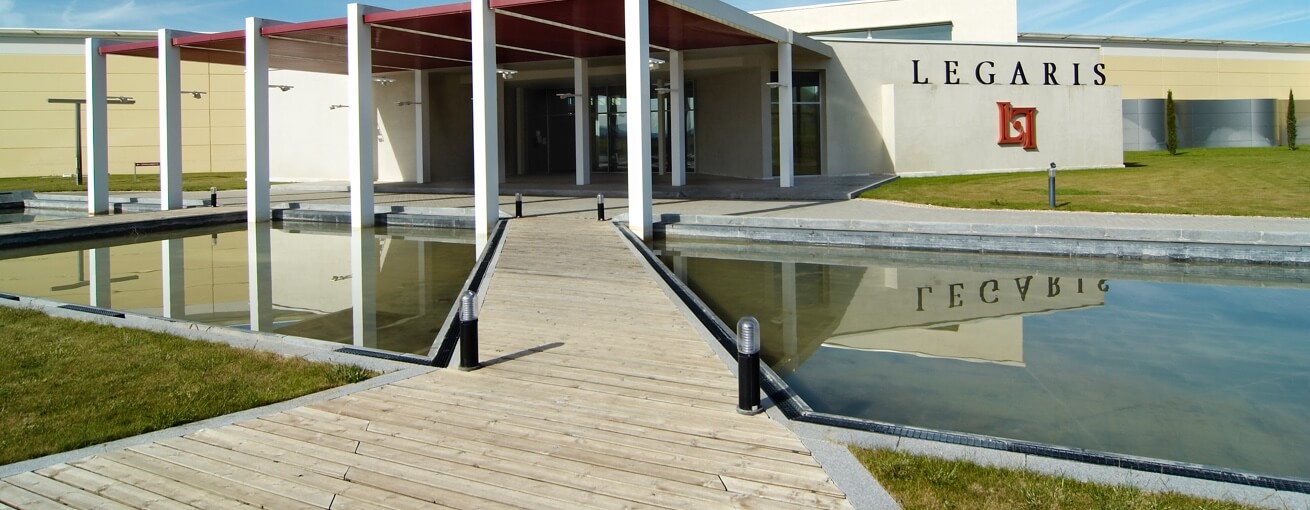The aim of Legaris´s oenological approach is for the wine to always express its origins. And to do so with structure, concentration and elegance. Once the raw materials have been selected, the wine is produced with as little intervention as possible, respecting and caring for the grapes with a meticulous vinification process.
Oenology
To ensure the wine accurately expresses its origins, work begins in the vineyards, either those belonging to Legaris or on plots selected by the winery, with vine stock from different locations, ages and soils. Any improvement starts with the grape and continues with production and the barrels, whose importance in the process warrants an entirely separate chapter: namely "Cooperage".
Legaris currently has 10 tanks in the shape of a truncated cone, with a capacity for 5,200 litres for the separate fermentation of small plots of high quality grapes. Different over-pumping programmes help to extract all the potential of each grape. The best quality grapes are fermented in open casks with manual cap immersion. The alcoholic and malolactic fermentation procedures are carried out using a selection of yeasts and bacteria that complement, safely and appropriately, the style of wine Legaris wants.
Fermentation
Fermentation is a natural process through which the must becomes wine. In the alcoholic fermentation process (5 or 6 days), sugars transform into alcohol and carbon dioxide, pushing the grape skins´ to the top. Over-pumping allows the must to continue extracting the skins´ subtle values (anthocyanins and tannins) and the temperature is controlled during this process using cooling jackets.
After drawing the wine (separating it from the remains of grape, skins, etc. or the "paste"), the malolactic fermentation starts, when malic acid breaks down into lactic acid. At Legaris, depending on the type of wine, malolactic fermentation is carried out in French oak barrels or in stainless steel tanks.
Cooperage
The character of Legaris is defined both by its work in the vineyards and its selection of grapes as well as by the expert blending of different wines aged in a variety of barrels. At Legaris, this mixing is known as "Cooperage".
Every year, the cooper programme is altered to adapt the ageing process to the grapes from each harvest and thereby respect their varietal expression and, at the same time, make the wine as complex as possible and define its style. Legaris carries out tests with up to 21 different coopers of French and American oak barrels.
These oak barrels are selected depending on their place of origin, cooperage, grain and degree of toasting. The extent of oxygenation depends on the wood´s grain or porosity, an aspect that affects the wine´s aromas and palate. Combining the barrels´ place of origin and degree of toasting provides the wine with different aromas and flavours such as vanilla, coconut, sweet spices, balsamic tones, coffee, cocoa and roasted aromas, among others, which merge with the varietal aromas, basically ripe black fruits and plum.
Ageing
Wine is a living being that reaches maturity while sheltered within the wood, where it takes on new attributes, serenity and experience. Being such a fine material, always alive and changing, this wooden mother must be chosen carefully since it can transmit a range of particular characteristics to the wine, depending on its properties.
At Legaris, and as established by the D.O. regulations, the minimum ageing period in the barrel is one year; the rest of the ageing process required until a Ribera del Duero wine can be considered a Crianza or Reserva takes place in the bottle.
Already with a strongly marked personality, Legaris wines go through their final stage of ageing in the bottle in large cages or dormitories where the wine rests and rounds out. Under a constant temperature of 16-17ºC, the wines complete their production cradled in glass.
